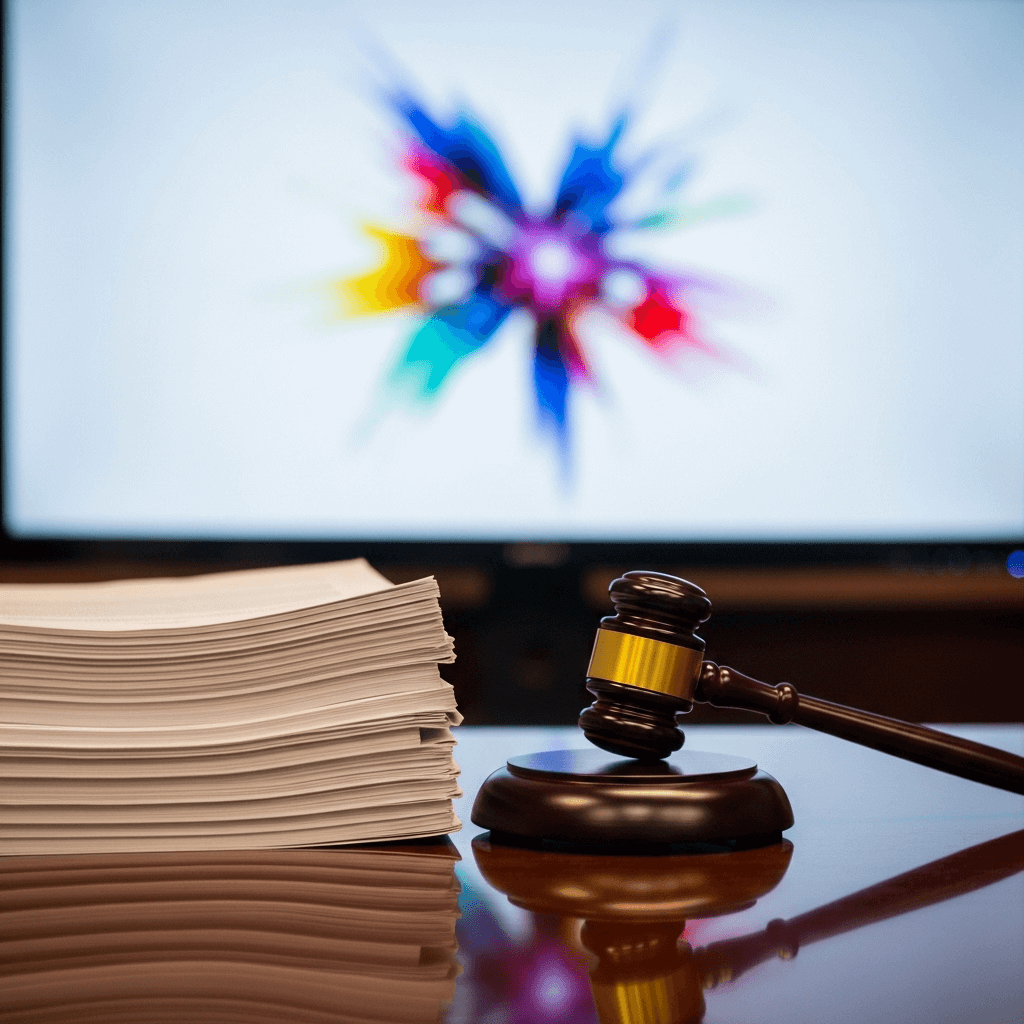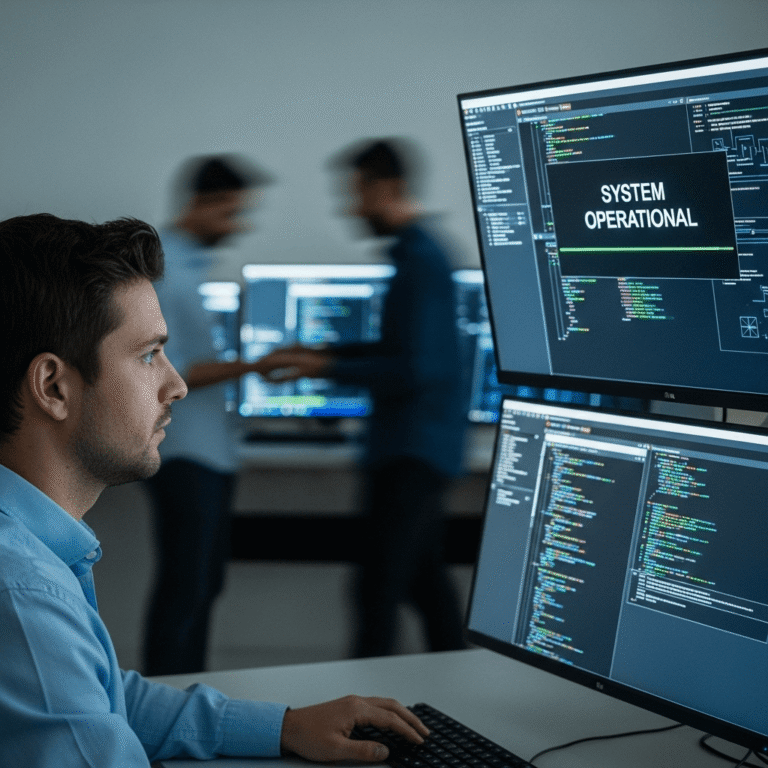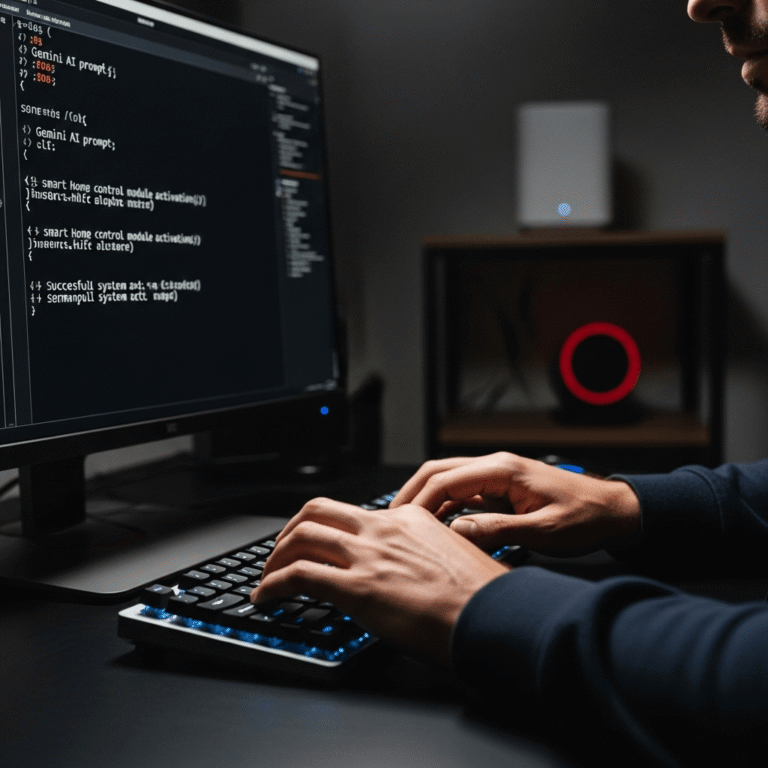WBD Sues Midjourney: AI Copyright & Fair Use Battle
Warner Bros. Discovery is taking significant legal action, suing AI image generator Midjourney for alleged copyright infringement. This lawsuit marks a crucial moment in the ongoing debate surrounding artificial intelligence and intellectual property rights. Ultimately, the outcome of this case could profoundly influence how AI models are trained and how content creators protect their work in the digital age.
The Heart of the Dispute: Why Warner Bros. Discovery is Suing Midjourney
Warner Bros. Discovery (WBD) has initiated a lawsuit against Midjourney, a popular generative AI platform, citing significant copyright infringement. Essentially, WBD alleges that Midjourney utilized a vast amount of its copyrighted material – including iconic images, character designs, and branding – without permission to train its sophisticated AI model. This unauthorized use, according to WBD, allows Midjourney to generate new images that often mimic or are directly inspired by WBD’s intellectual property, potentially diluting the value and control over their assets.
Specifically, the core of the complaint revolves around “data scraping.” Midjourney, like many generative AI systems, extensively gathers images from the internet to learn patterns, styles, and concepts. Consequently, WBD asserts that this process involved indiscriminately collecting their proprietary content, such as stills from movies, TV shows, and promotional artwork, thereby incorporating it into Midjourney’s foundational knowledge without any licensing agreements. Furthermore, WBD claims that Midjourney profits from this infringement by offering a service that can, in essence, reproduce or imitate copyrighted works. This situation raises critical questions about whether the act of training an AI model on copyrighted data constitutes fair use, a central argument in many similar lawsuits currently facing AI companies like Stability AI and OpenAI, as well as several artists’ groups. Therefore, this lawsuit is not merely about an isolated incident; rather, it highlights a systemic challenge for content owners in the era of rapidly advancing AI technology.
Broader Implications: Navigating the Future of AI and Copyright Law
The lawsuit between Warner Bros. Discovery and Midjourney carries far-reaching implications, not just for the involved parties but for the entire generative AI industry and the creative community globally. Fundamentally, this case will help define the boundaries of “fair use” in the context of AI model training. If courts determine that ingesting copyrighted material for AI training without explicit permission is indeed infringement, then AI developers would likely face a monumental shift in their operational strategies. Subsequently, they might need to secure licenses for the data they use, which could significantly increase costs and slow down innovation, or alternatively, focus on training models exclusively on public domain or explicitly licensed content. Moreover, this could lead to the establishment of new regulatory frameworks or stricter interpretations of existing copyright laws to address the unique challenges posed by AI-generated content.
Equally important, the outcome will deeply affect creators – artists, writers, photographers, and filmmakers. Many creatives express concerns that AI models, trained on their original works without compensation or credit, could devalue human artistry and flood the market with AI-generated alternatives. Conversely, some argue that AI is merely a tool that can augment human creativity, much like a camera or a synthesizer. Nonetheless, WBD’s legal challenge underscores the urgent need for clarity regarding intellectual property in the AI landscape. As a result, this lawsuit could set a powerful precedent, shaping how AI models are developed, the responsibilities of AI companies, and ultimately, how intellectual property is protected in the increasingly AI-driven future.
In conclusion, Warner Bros. Discovery’s lawsuit against Midjourney represents a pivotal moment in the ongoing clash between generative AI and established copyright law. This case directly challenges the methods by which AI models are trained, bringing the critical “fair use” debate to the forefront. Ultimately, the court’s decision will undoubtedly set a significant precedent, shaping the future landscape for both AI developers and content creators worldwide, highlighting the urgent need for clear legal frameworks.
Source: Engadget







